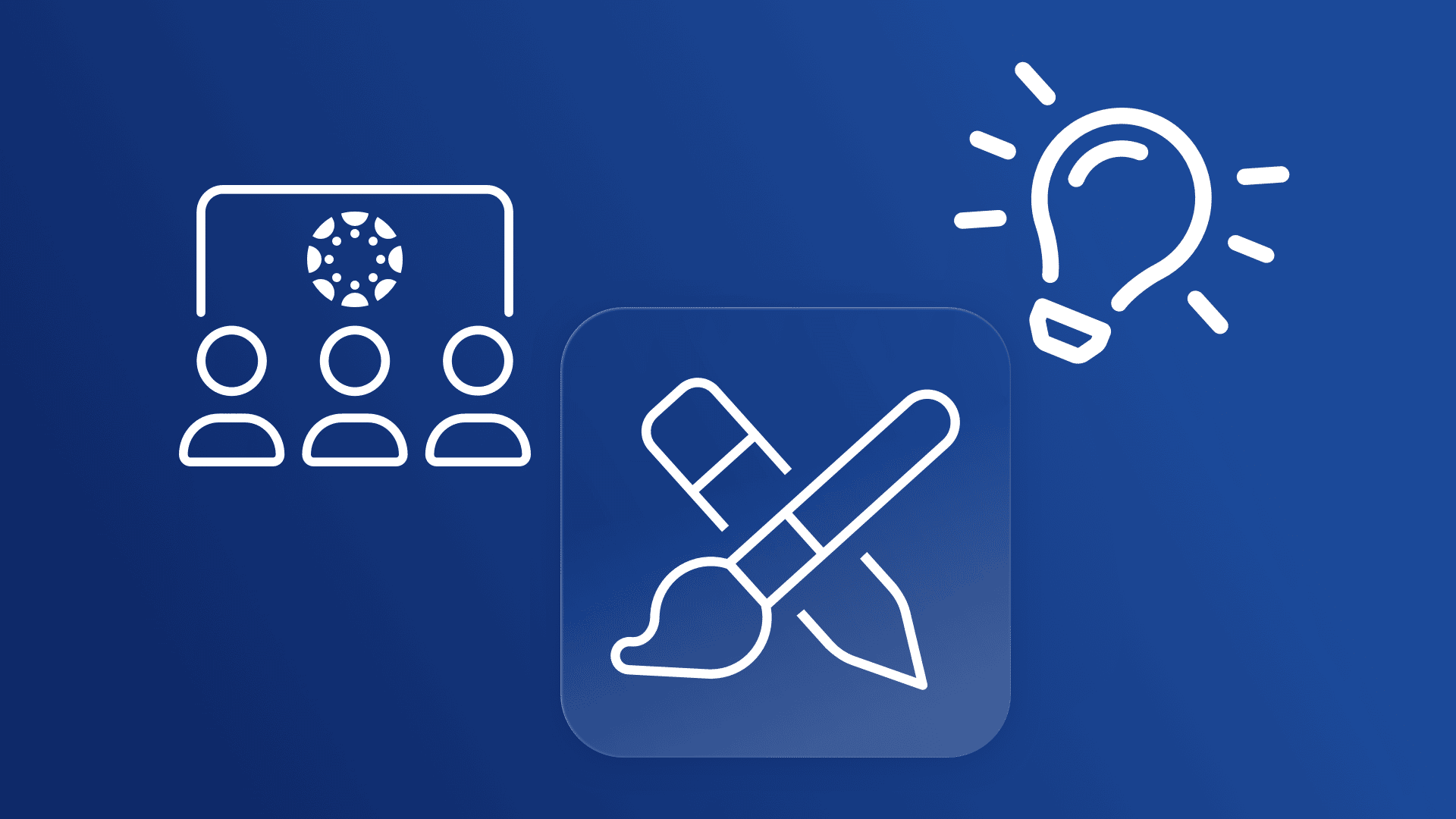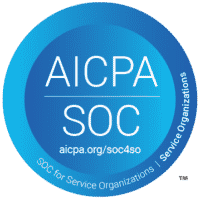Well-developed Continuing Education (CE) courses are an important aspect that will help non-traditional learners achieve success. It not only saves their time and cognitive energy but also aligns with student-centred learning. By investing time in developing continuing education courses you’ll increase future course management efficiency and decrease course maintenance for educators. By following these best practices you’ll delight your non-traditional students with a clear roadmap for learning, which will help them stay motivated and engaged.
Don’t have time to read the article? Scroll for the video below to see our EdTech specialist cover these topics!
Creating consistent experience & identifying course objectives
When structuring a continuing education course it is crucial to consider how it fits in with other courses within your organization and what objectives you want to achieve. As non-traditional learners seek for a consistent learning journey that builds on previous knowledge and skills it might be useful to take a look at what structure your organization offers and what your CE colleagues are doing as a starting point.
Once you have identified how to create consistency, you can start considering the objectives of the course. Perhaps you want to create a community feeling for online learners or implement any didactical principles. By identifying these objectives you can ensure that your course materials and activities are aligned and that learners have a clear understanding of how they’ll be evaluated.
Keeping these factors in mind and effectively communicating your objectives, you can ensure that your continuing education course is well-structured and meets the needs of your students.
Importance of a strong home page
The first thing learners see when entering Canvas courses is the homepage. Thus, it should have a clear overview of what learners can expect from the course for example via a recorded video by the educator and provide them with effortless navigation to key points within the course such as assessment guidelines, assignments, and points of contact.
Non-traditional learners come from various educational backgrounds, professions and have experiences with different learning management systems. You can additionally, include instructions for the first time Canvas users and explanations about how the learners should use the course. This can be done via the first module within your course.
Facilitate effective communication & engagement
Q&A discussions where students can ask the teacher and peers questions about anything course-related can be a valuable additional resource. It helps non-traditional learners to get the support they need in order to succeed, create a sense of community and be actively engaged. This is especially true for students who are balancing their coursework with other responsibilities, such as work or family.
Another great way to engage students and explain concepts is to use multimedia. This could include images, videos, illustrations, interactive content and audio. Non-traditional learners will be engaged through multiple senses and experience the learning process in a more dynamic way.
Adapt to evolving needs & expectations of non-traditional learners
Finally, it is important to keep innovating the course. It is crucial to stay aware of the latest trends and best practices in continuing education. Based on feedback from learners and course instructors you should keep revising and improving the course structure over time. User testing and validation is an important aspect of this process and can be done via a short survey after the end of the course. This will help you to gather valuable insights into what is working well and what needs to be improved so that you can make adjustments accordingly. Additionally, it will also help you to understand the preferences of your continuing education students so that you can tailor the course to better meet their needs.
Listen to our EdTech Specialist share the best practices for structuring Canvas Courses
Looking for more ways to improve your continuing education course offerings? Schedule a virtual meeting with our specialist who can provide tailored advice on how to improve the participant experience in and around the courses you’ve designed in Canvas and decrease course maintenance for the educators.



